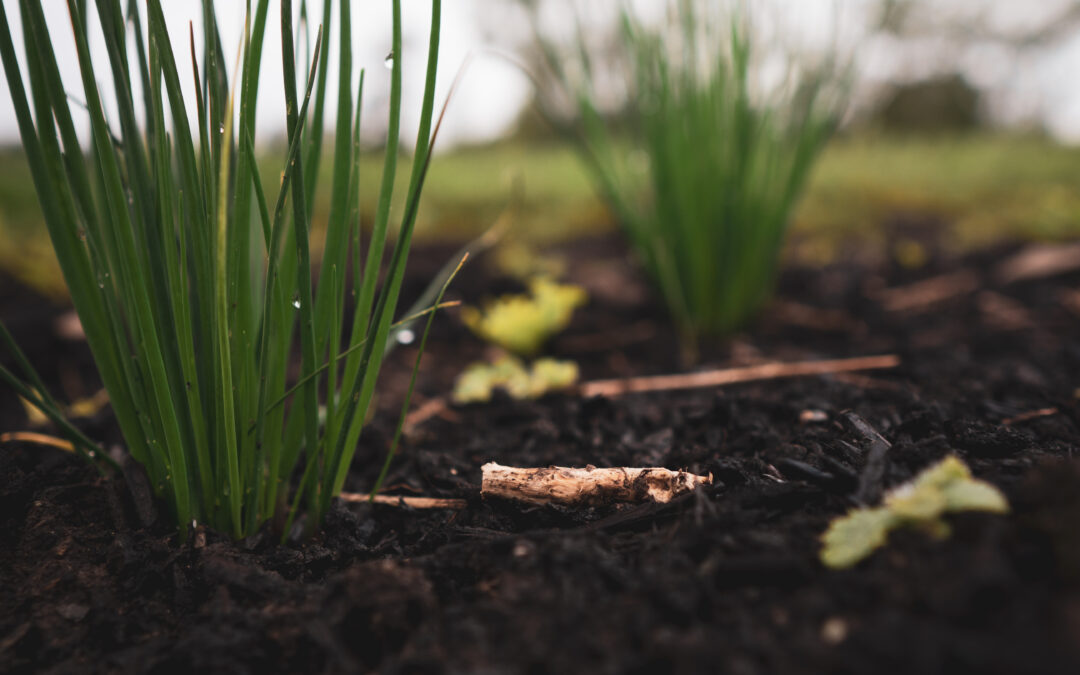Soil is an essential component of gardening and farming, providing the foundation for plant growth and nourishment. To ensure healthy and robust plant growth, it is important to maintain the soil’s nutritional balance. This can be done by adding soil developers, which are fertilizers that enrich the soil and provide essential nutrients to plants. In this blog post, we will explore the important nutrients found in soil developers and their role in promoting soil health and plant growth.
- Nitrogen (N)
Nitrogen is an essential nutrient for plants and is responsible for promoting vegetative growth and the development of chlorophyll. Chlorophyll is responsible for photosynthesis, the process by which plants convert sunlight into energy. Without sufficient nitrogen, plants will become stunted and yellow, and their growth will be significantly slowed. Nitrogen is often the most important nutrient in soil developers and is typically added in the form of ammonium nitrate or urea.
- Phosphorus (P)
Phosphorus is another essential nutrient that is critical for plant growth and development. It is particularly important for root development and flowering. Phosphorus is typically added to soil developers in the form of superphosphate. Deficiencies in phosphorus can result in stunted growth, poor root development, and reduced blooming.
- Potassium (K)
Potassium is another essential nutrient that plays a critical role in plant growth and development. It is responsible for promoting strong stems, root development, and resistance to disease. Potassium is typically added to soil developers in the form of potassium sulfate or potassium chloride. Deficiencies in potassium can result in weakened stems, reduced root growth, and increased susceptibility to disease.
- Calcium (Ca)
Calcium is a critical nutrient that plays a role in cell division and the development of strong cell walls. It is particularly important for root growth and the development of young shoots. Calcium is typically added to soil developers in the form of calcium carbonate or calcium nitrate. Deficiencies in calcium can result in stunted growth, poor root development, and reduced blooming.
- Magnesium (Mg)
Magnesium is another essential nutrient that plays a critical role in plant growth and development. It is responsible for promoting the production of chlorophyll and energy transfer in the plant. Magnesium is typically added to soil developers in the form of magnesium sulfate. Deficiencies in magnesium can result in yellowing of the leaves, reduced growth, and reduced blooming.
In conclusion, soil developers are an essential component of successful gardening and farming, providing the essential nutrients that plants need to grow and thrive. Nitrogen, phosphorus, potassium, calcium, and magnesium are some of the most important nutrients found in soil developers, and they play critical roles in promoting plant growth and development. By ensuring that your soil has the right balance of nutrients, you can create a healthy and productive growing environment for your plants.
Farm to Garden Organics soil developer is a top-quality fertilizer that is loaded with essential micro and macro nutrients. These nutrients work together to promote healthy and robust plant growth and ensure that your plants receive the nourishment they need to thrive. Farm to Garden Organics soil developer is also OMRI certified, ensuring that it is safe and effective for organic gardening and farming. If you are looking for a high-quality soil developer that will give your plants the foundation they need to grow, consider Farm to Garden Organics. Come visit us today to purchase your OMRI certified soil developer and give your plants the best start possible.

